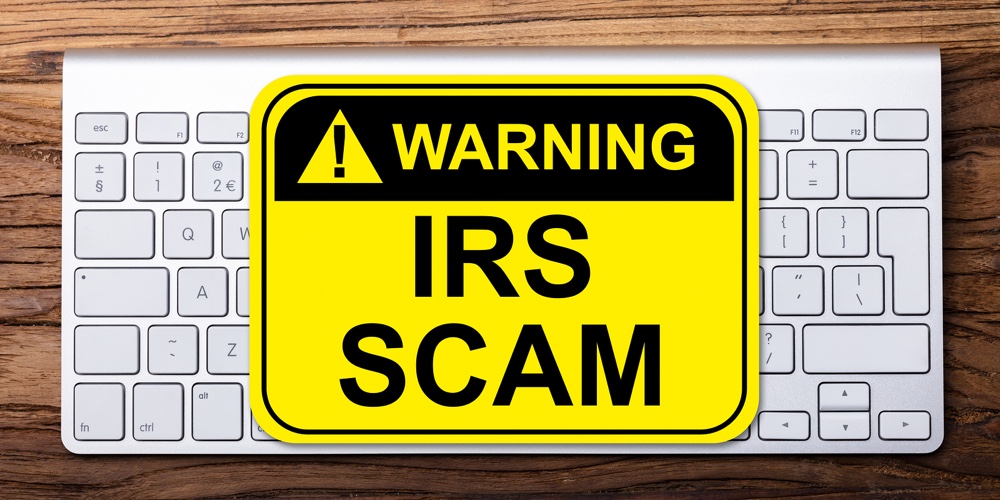4 ways to identify a tax scam

Tax filing season is of course a busy time of year for accountants. However, it’s also a bust time of year for scammers, as well.
According to a recent Federal Trade Commission report, of the $1.48 billion total reported fraud, consumers lost nearly $488 million to imposter scams in 2018. Fraud schemes range from debt collector calls or emails claiming you haven’t paid your taxes, to someone posing as an official from the IRS or local law enforcement agency threatening arrest, suspension of your driver’s license or some other penalty if you don’t immediately wire funds to pay your taxes. The scams have become increasingly sophisticated and hard to detect.
Here is what you need to know about the IRS:
The first contact from the IRS is through regular mail delivered by the United States Postal Service.The IRS does not initiate contact with taxpayers by email, text message or social media channels. Even if they call to set up appointments or discuss an audit, you would first receive notification by mail. Only after mailing an official notification of an audit can an auditor/tax examiner follow up by phone. Forward any suspicious emails to the IRS at phishing@irs.gov. Alleged IRS or tax-debt collection calls should be reported to (800) 366-4484.
Payments to the IRS are only payable to the United State Treasury. They do not accept payment in the form of prepaid debit cards, gift cards or wire transfers.
IRS agents will NEVER demand that you pay taxes without giving you the opportunity to question or dispute the amount they say you owe.They have to advise you of your rights as a taxpayer. They CANNOT threaten to bring in local police, immigration officers or other law enforcement to have you arrested for not paying your taxes. The IRS also has zero authority to revoke your driver’s license, business license or immigration status.
If an IRS representative calls or comes to a home or business unannounced to collect a tax debt or as part of an investigation, they will always provide two forms of official credentials: a pocket commission and a HSPD-12 card. You have a right to see the credentials and can call the IRS to verify the identity/information on the representative’s HSPD-12 card.

